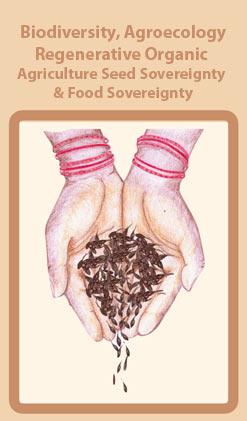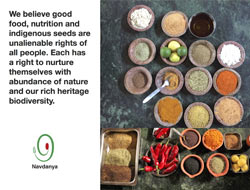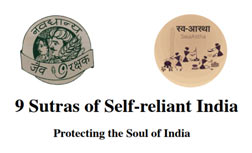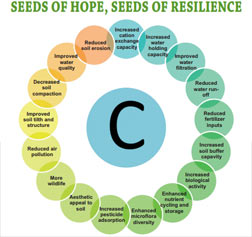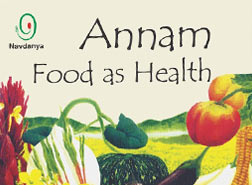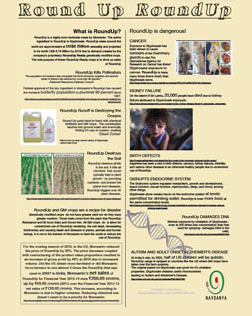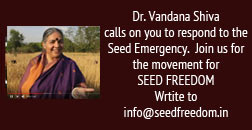Fresh doubts have arisen about the safety of genetically modified crops, with a new study reporting presence of Bt toxin, used widely in GM crops, in human blood for the first time.
Genetically modified crops include genes extracted from bacteria to make them resistant to pest attacks.
These genes make crops toxic to pests but are claimed to pose no danger to the environment and human health. Genetically modified brinjal, whose commercial release was stopped a year ago, has a toxin derived from a soil bacterium called Bacillus thuringiensis ( Bt).
Till now, scientists and multinational corporations promoting GM crops have maintained that Bt toxin poses no danger to human health as the protein breaks down in the human gut. But the presence of this toxin in human blood shows that this does not happen.
Scientists from the University of Sherbrooke, Canada, have detected the insecticidal protein, Cry1Ab, circulating in the blood of pregnant as well as non-pregnant women.
They have also detected the toxin in fetal blood, implying it could pass on to the next generation. The research paper has been peer-reviewed and accepted for publication in the journal Reproductive Toxicology. The study covered 30 pregnant women and 39 women who had come for tubectomy at the Centre Hospitalier Universitaire de Sherbrooke (CHUS) in Quebec.


